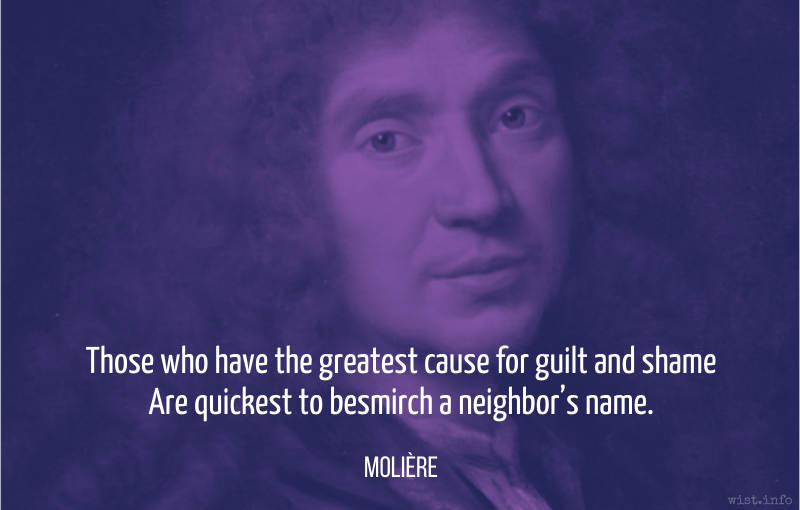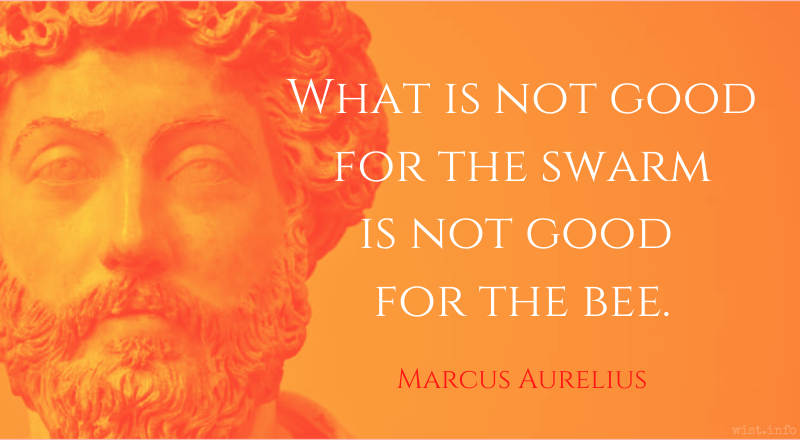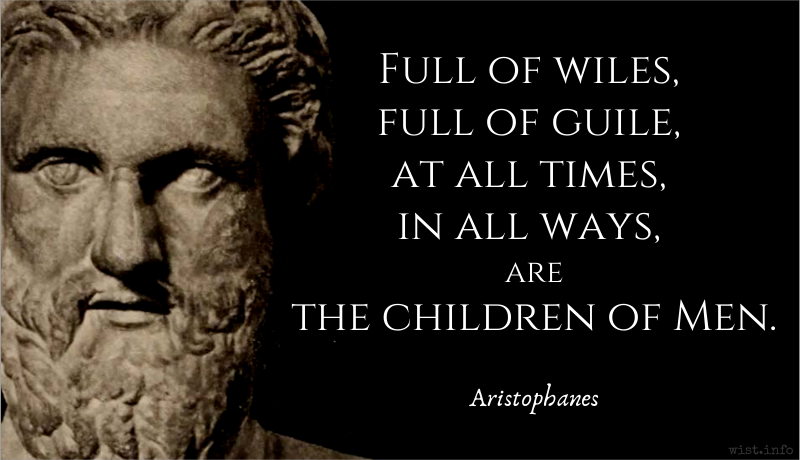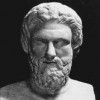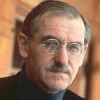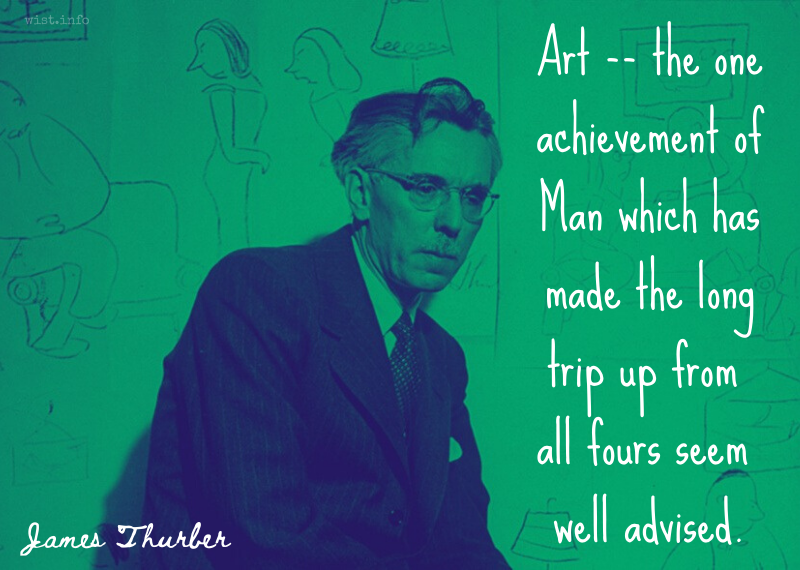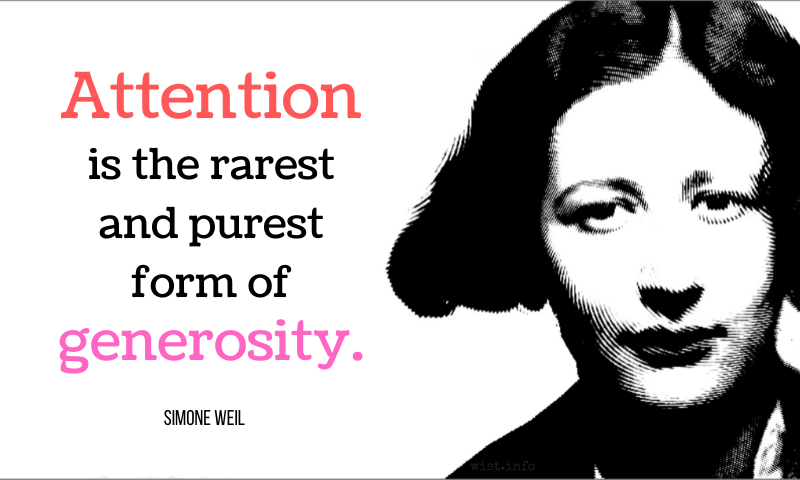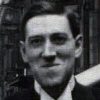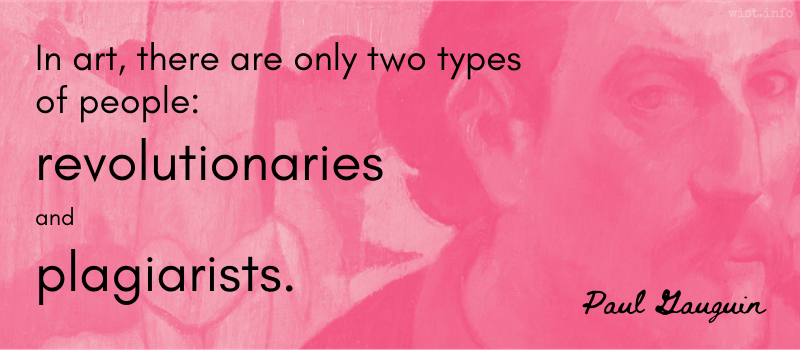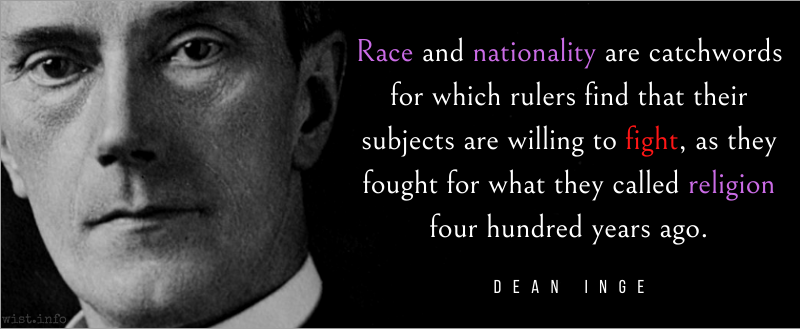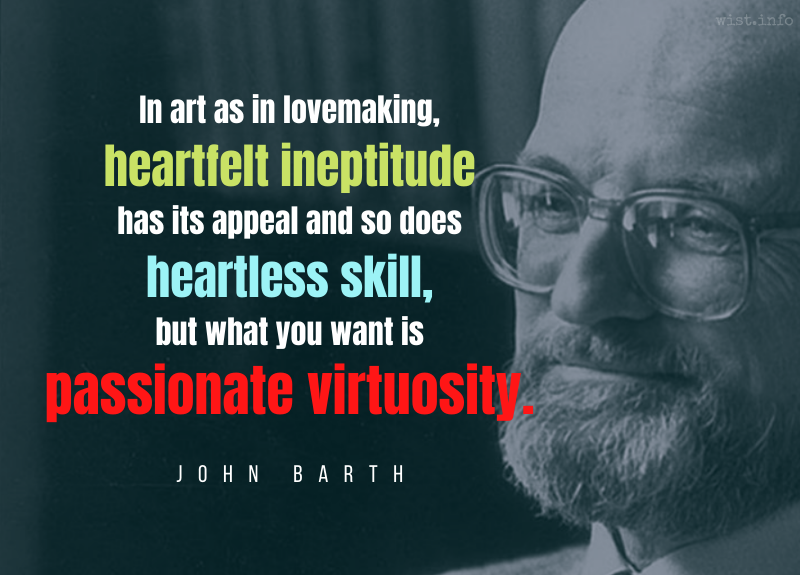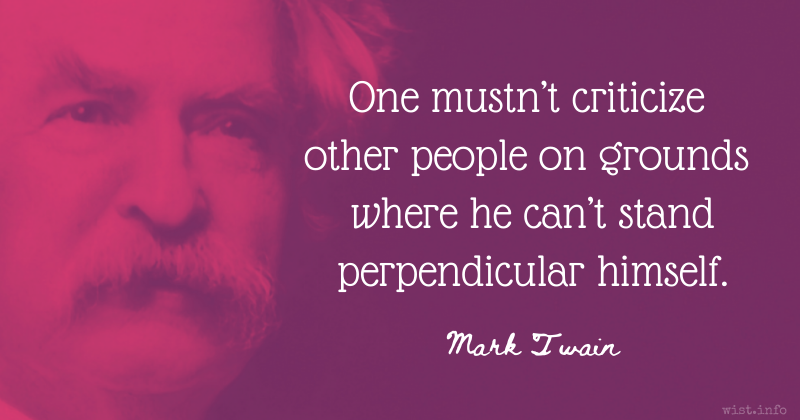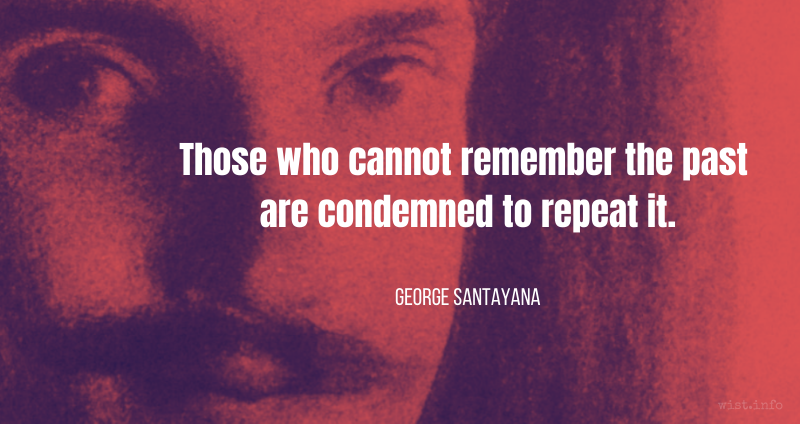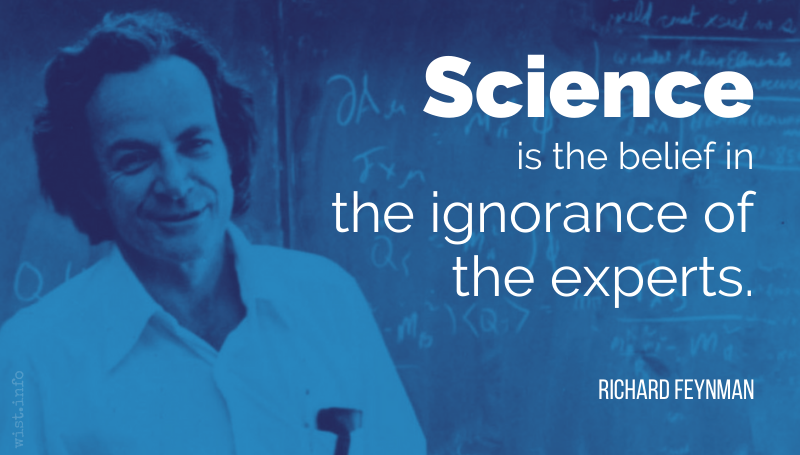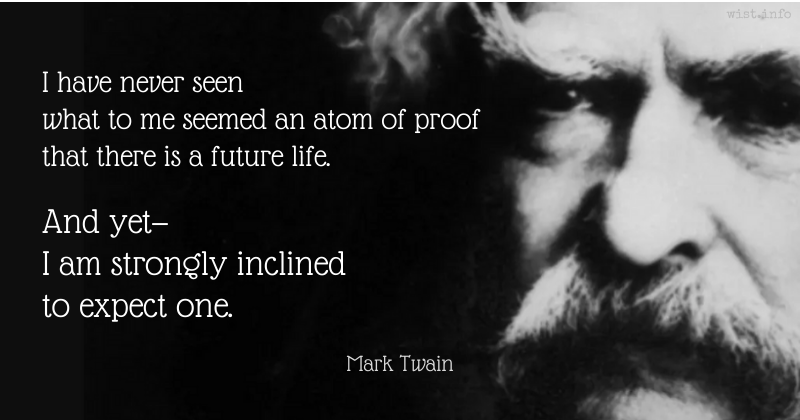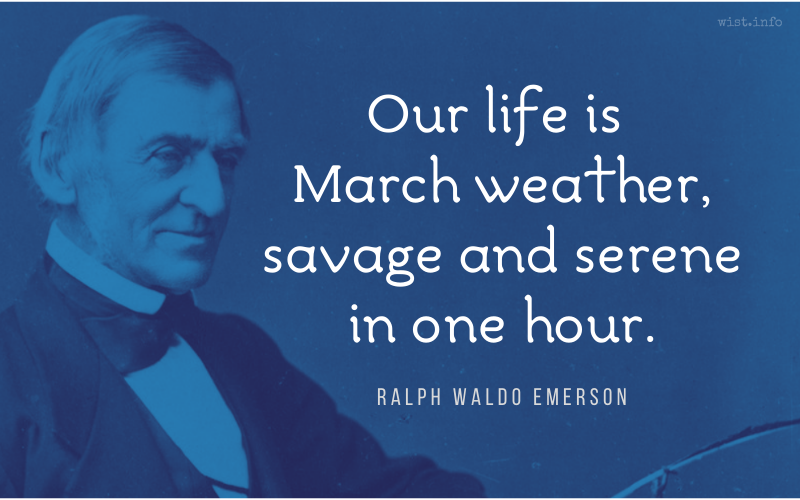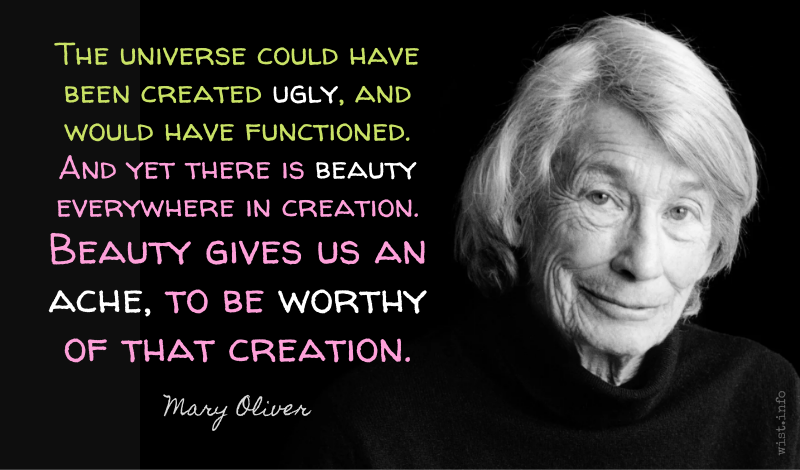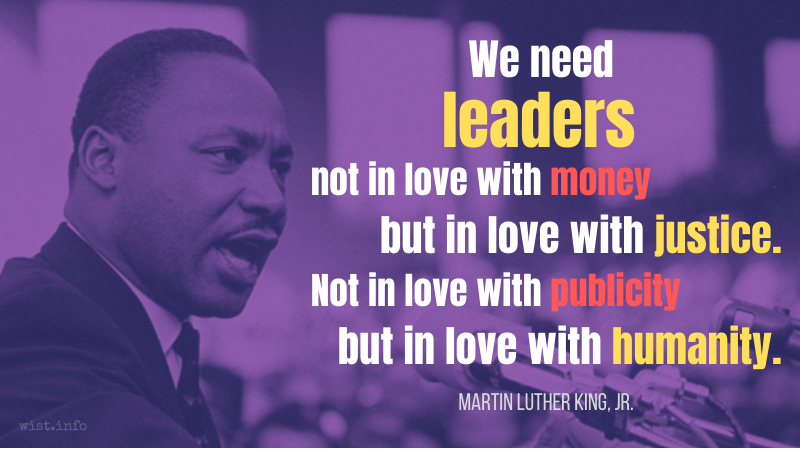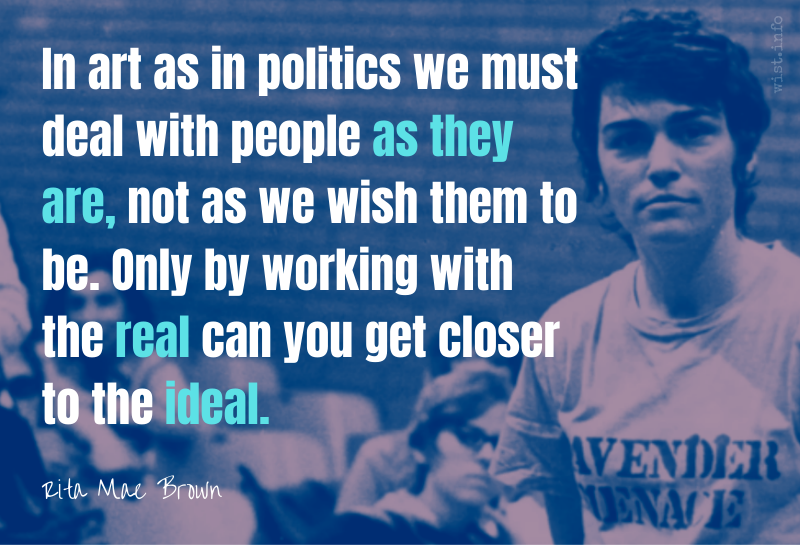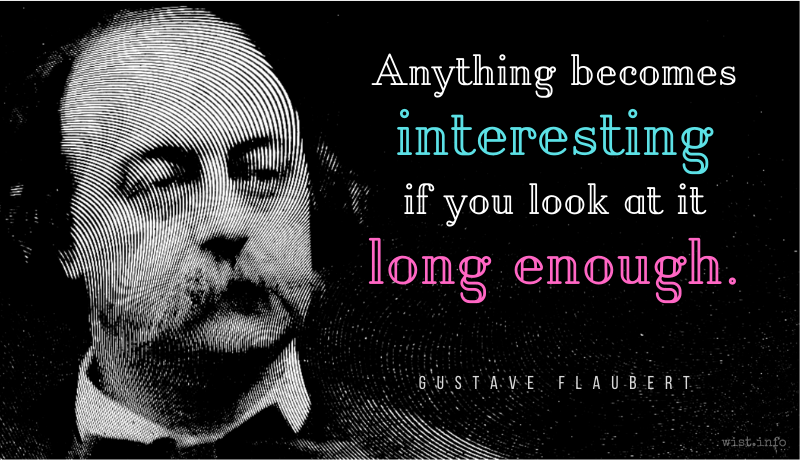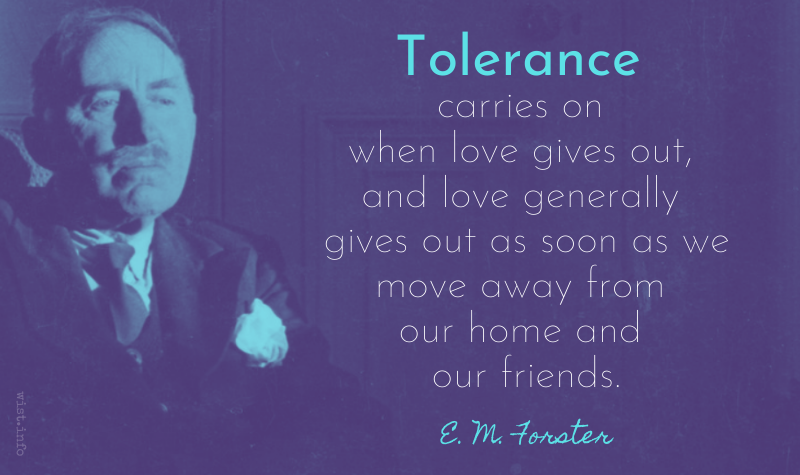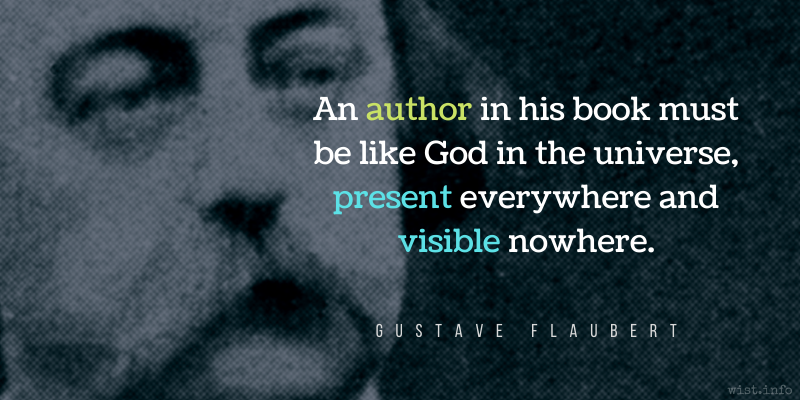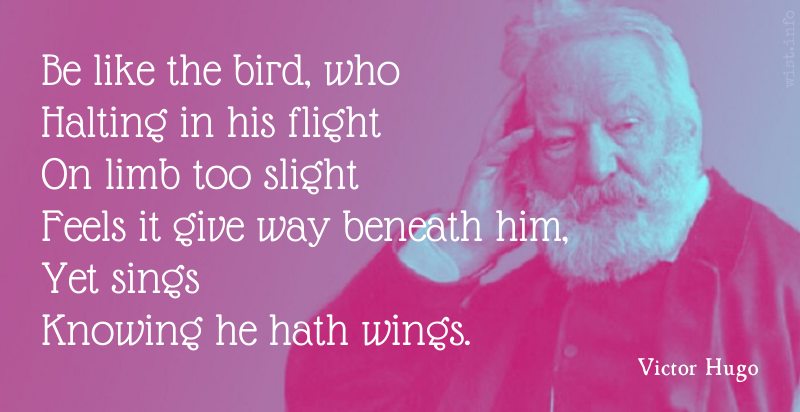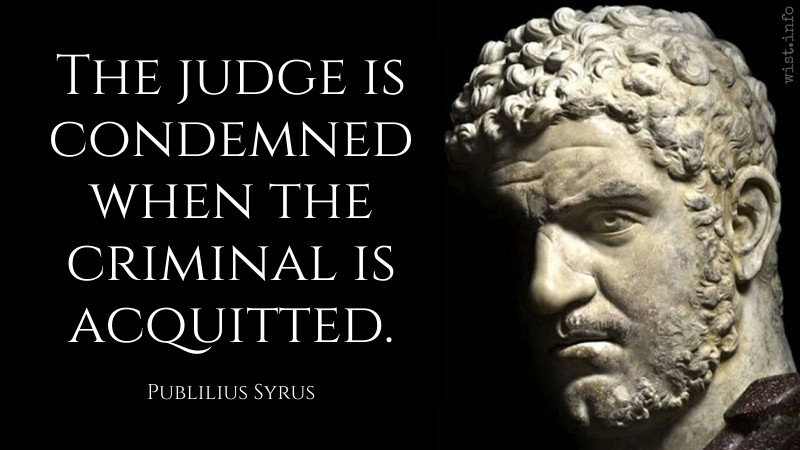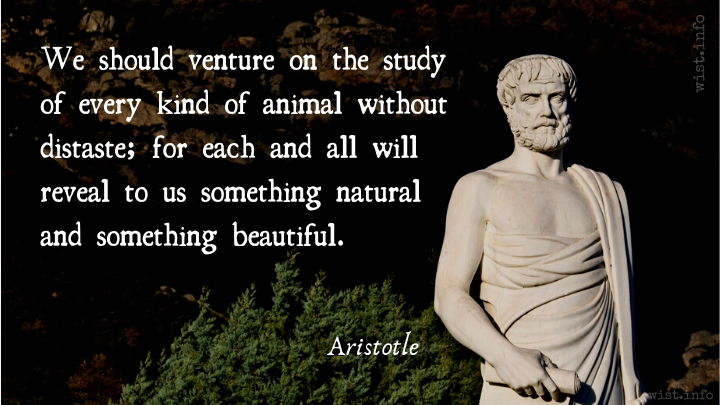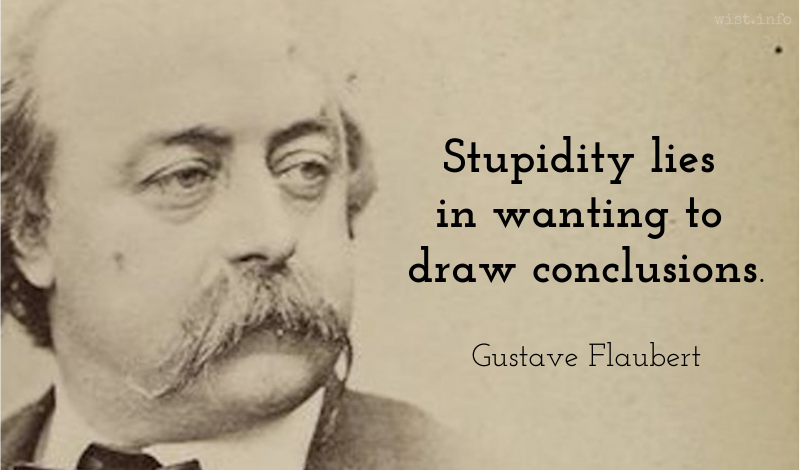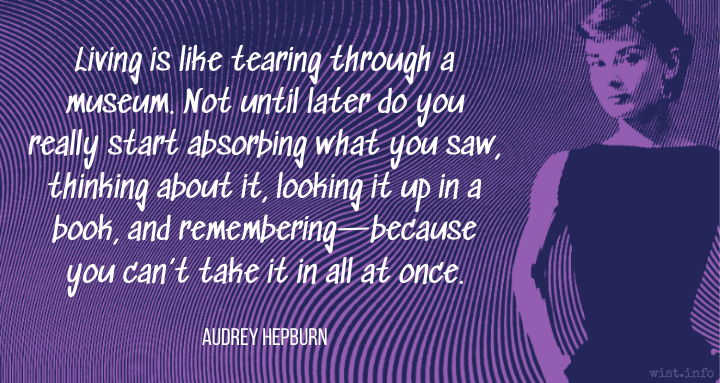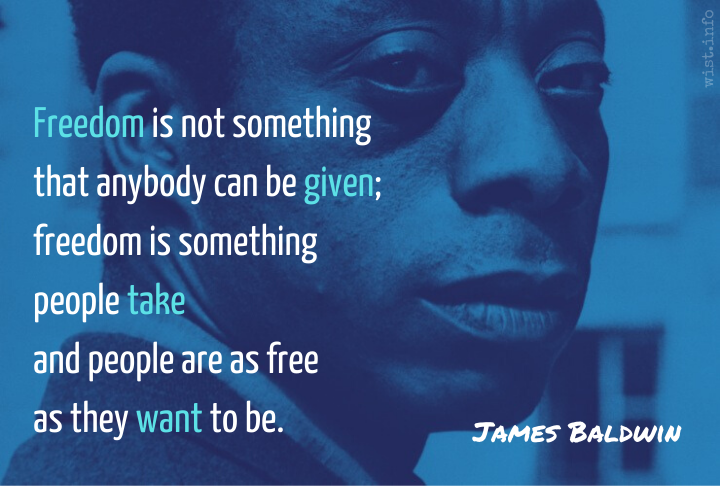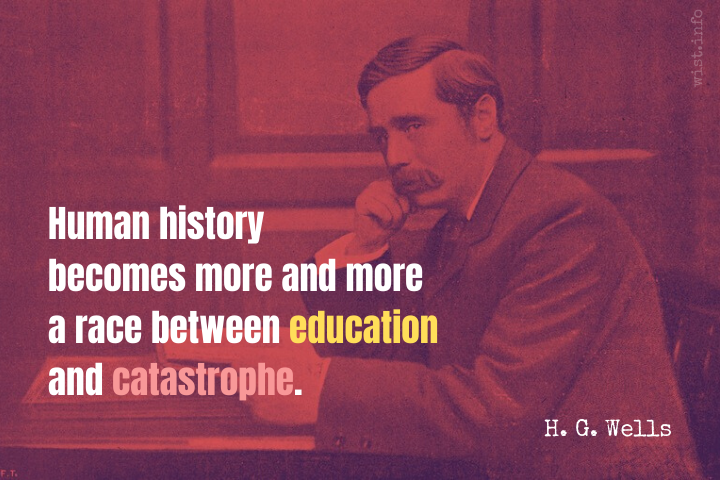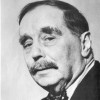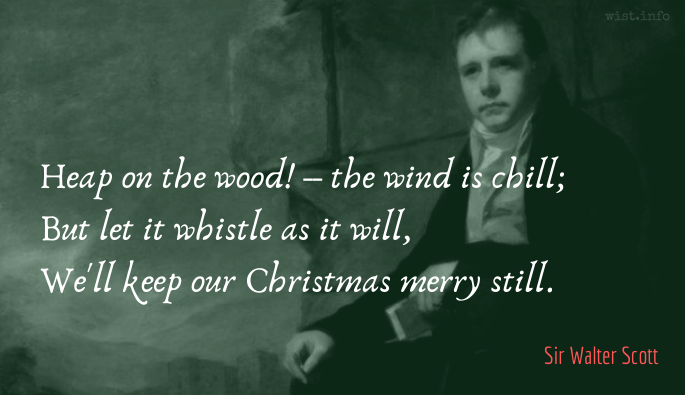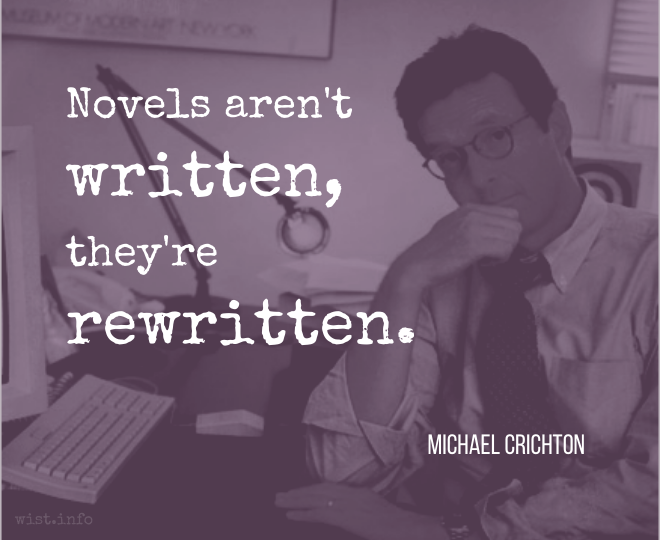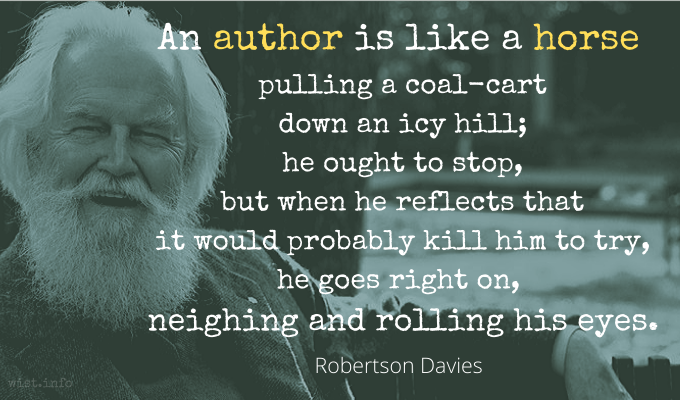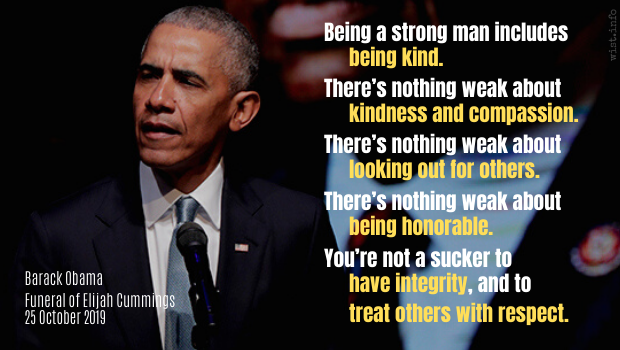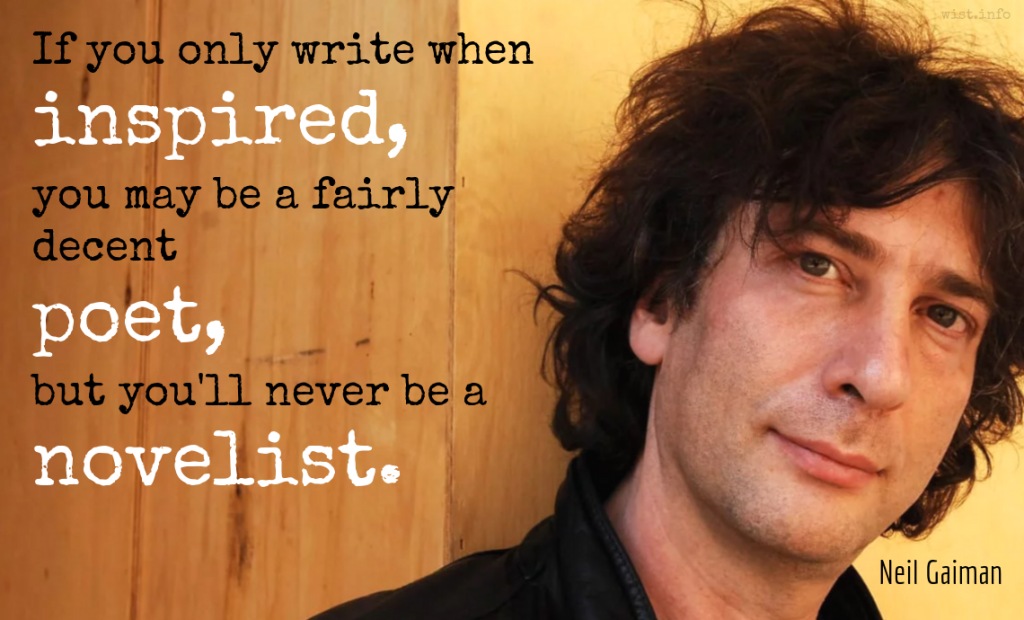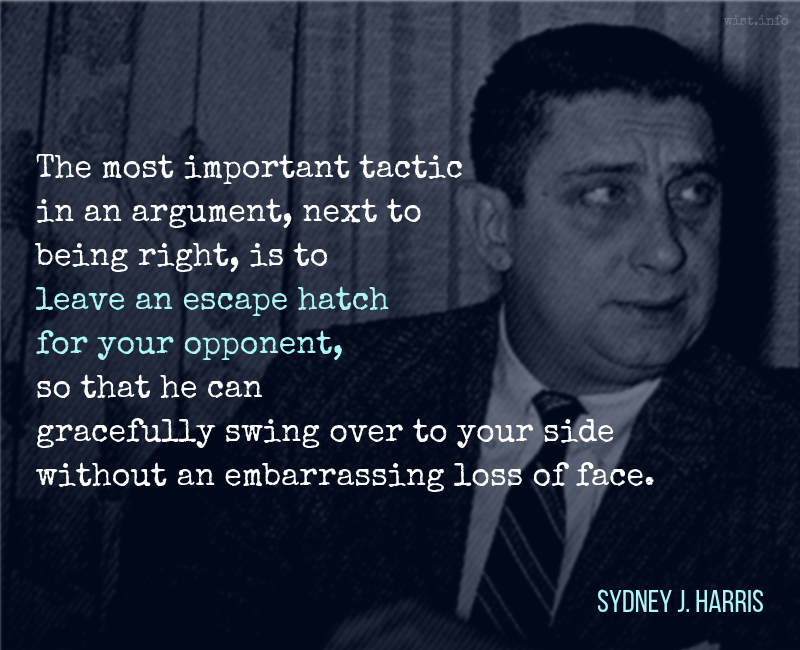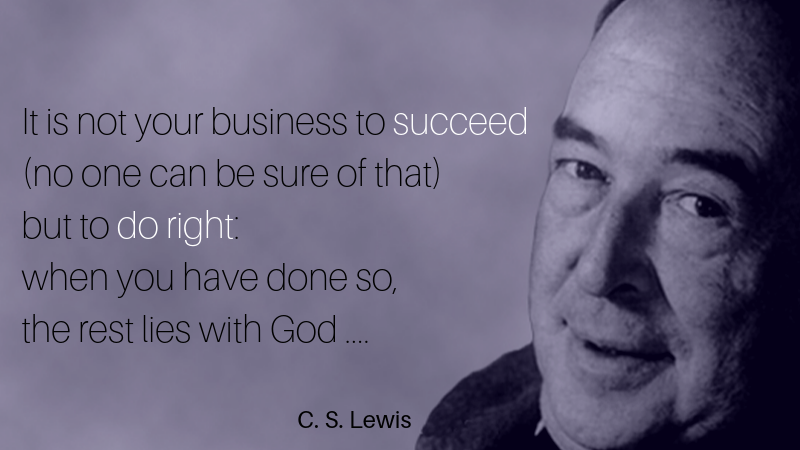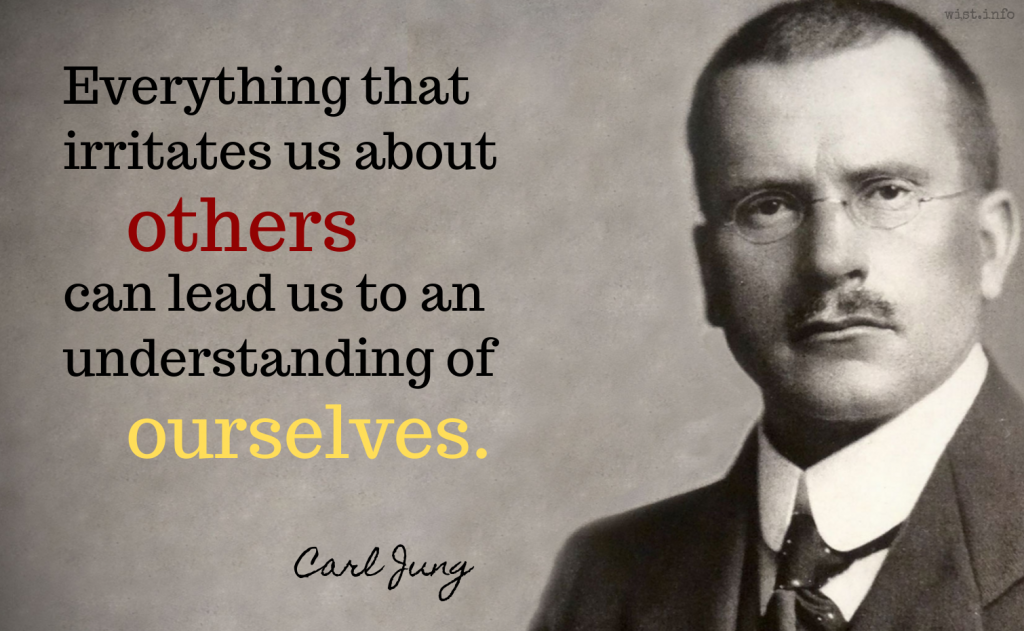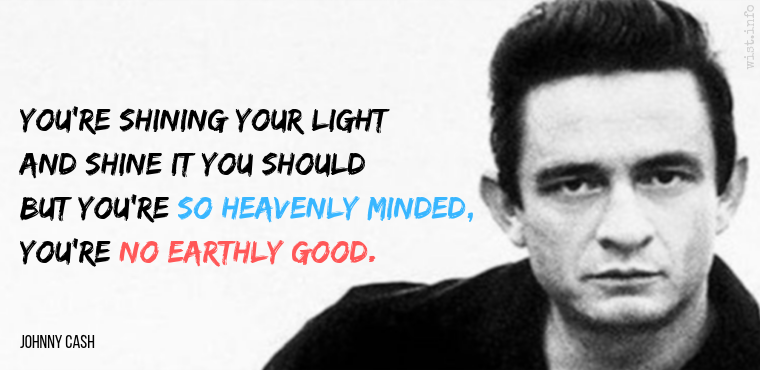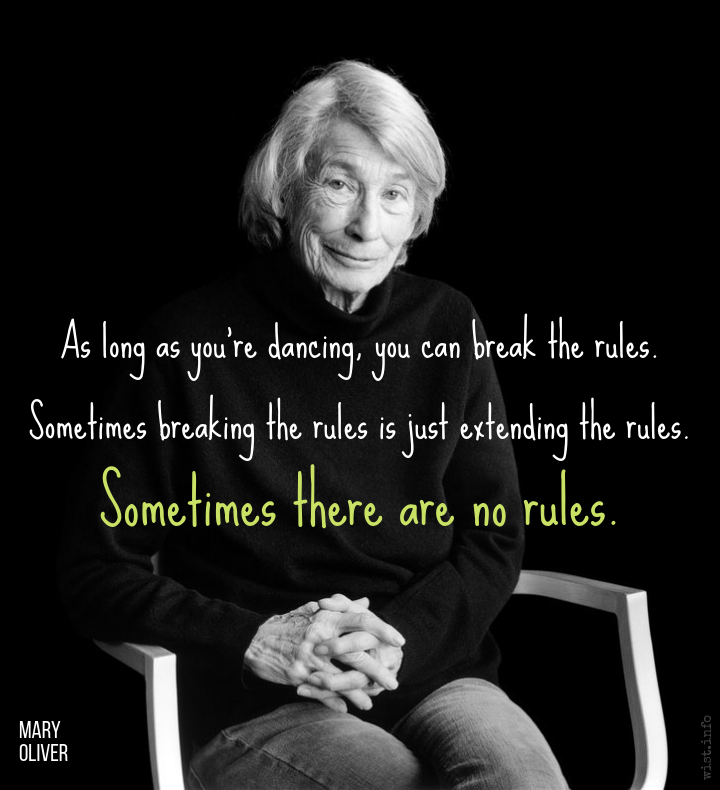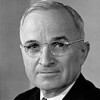DORINE: Those who have the greatest cause for guilt and shame
Are quickest to besmirch a neighbor’s name.[Ceux de qui la conduite offre le plus à rire
Sont toujours sur autrui les premiers à médire.]Molière (1622-1673) French playwright, actor [stage name for Jean-Baptiste Poquelin]
Tartuffe, Act 1, sc. 1 (1664) [tr. Wilbur (1963)]
(Source)
Alt. trans.:Original French.
- "They whose own conduct is the most ridiculous are always the first to slander others." [tr. Van Laun (1876)]
- "Since they are always talked about, / They're sniffing other scandal out." [tr. Bolt (2002)]
- "Those whose conduct gives room for talk / Are always the first to attack their neighbors." [Bartlett's]
Quotations about:
meme
Note not all quotations have been tagged, so Search may find additional quotes on this topic.
Love makes you go all in. Love makes you voluntarily stupid. Love robs you of the humor you use to protect yourself and leaves you speechless. Love makes your soul crawl out from its hiding place. And then it strips you down, and leaves you fully nude for all to see.
Zora Neale Hurston (1891-1960) American writer, folklorist, anthropologist
(Attributed)
This was originally cited here (without link to a source) as from Hurston's Their Eyes Were Watching God, ch. 13 (1937). Per the comment below, I dug deeper to find an online copy of the book, and discovered the quotation was not there. The closest bits were in the final words of ch. 13:
He drifted off into sleep and Janie looked down on him and felt a self-crushing love. So her soul crawled out from its hiding place.
I cannot find any other citation for it, no work of Hurston that includes it (or any other fractions of it), and only one online book (beyond books of uncited quotations) that includes this full passage (and finishes it off with "... fully nude for all to see, / That's why it's so downright terrifying, / Falsely Yours, Zora Neale Hurston").
Because of that, I am changing the citation to a more ambiguous "(Attributed)". If anyone has more information, I'd be happy to update this entry.
Justice is indiscriminately due to all, without regard to numbers, wealth, or rank.
John Jay (1745-1829) American statesman, diplomat, abolitionist, politician, Chief Justice (1789-1795)
Georgia v. Brailsford, 3 US 1 (1794) [unanimous opinion]
(Source)
Most of the great results of history are brought about by discreditable means.
Ralph Waldo Emerson (1803-1882) American essayist, lecturer, poet
“Considerations by the Way,” The Conduct of Life, ch. 7 (1860)
(Source)
What is not good for the swarm is not good for the bee.
[Τὸ τῷ σμήνει μὴ συμφέρον οὐδὲ τῇ μελίσσῃ συμφέρει.]
Marcus Aurelius (AD 121-180) Roman emperor (161-180), Stoic philosopher
Meditations, Book 6, #54 (2nd C AD)
Original here. Alt. trans.:
- "That which is not good for the beehive, cannot be good for the bee." [tr. Casaubon (1634); numbered 49]
- "What does not benefit the hive is no benefit to the bee." [tr. Farquharson (1944)]
- "That which is not for the interest of the whole swarm is not for the interest of the bee." [tr. Collier]
- "What injures the hive injures the bee." [tr. Hays (2002)]
- "What is not good for the hive is not good for the bee."
CHORUS: Full of wiles, full of guile, at all times, in all ways, are the children of Men.
[δολερὸν μὲν ἀεὶ κατὰ πάντα δὴ τρόπον / πέφυκεν ἄνθρωπος]
Aristophanes (c. 450-c. 388 BC) Athenian comedic playwright
The Birds, ll. 451-2 (414 BC) [tr. Rogers (1906)]
(Source)
Alt. trans.:
- "Man naturally is deceitful, ever indeed, and always, in every one thing." [tr. Warter (1830)]
- "Man is naturally deceitful ever, in every way!" [tr. Hickie (1853)]
- "Man is a truly cunning creature." [abridged tr. O'Neill (1938)]
- "A treacherous thing always in every way is human nature." [tr. Henderson (1998)]
Things are beautiful if you love them.
Jean Anouilh (1910-1987) French dramatist
Mademoiselle Colombe, Act 2, sc. 2 (1950) [tr. Kronenberger (1954)]
(Source)
Art — the one achievement of Man which has made the long trip up from all fours seem well advised.
James Thurber (1894-1961) American cartoonist and writer
Forum and Century (Jun 1939)
Also quoted in Clifton Fadiman, I Believe: The Personal Philosophies of Certain Eminent Men and Women of Our Time (1939).
The most merciful thing in the world, I think, is the inability of the human mind to correlate all its contents. We live on a placid island of ignorance in the midst of black seas of infinity, and it was not meant that we should voyage far. The sciences, each straining in its own direction, have hitherto harmed us little; but some day the piecing together of dissociated knowledge will open up such terrifying vistas of reality, and of our frightful position therein, that we shall either go mad from the revelation or flee from the deadly light into the peace and safety of a new dark age.
H. P. Lovecraft (1890-1937) American fabulist [Howard Phillips Lovecraft]
“The Call of Cthulhu,” ch. 1, opening words (1928)
(Source)
In art, there are only two types of people: revolutionaries and plagiarists. And in the end, doesn’t the revolutionary’s work become official, once the State takes it over?
Paul Gauguin (1848-1903) French painter [Eugène Henri Paul Gauguin]
Letter in Le Soir (25 Apr 1895)
Collected in Daniel Guérin, ed., The Writings of a Savage (1996) [tr. Levieux].
Often given as "Art is either plagiarism or revolution," or sometimes "Art is either a revolutionist or a plagiarist." This is often cited from James Huneker, The Pathos of Distance (1913), but there it is given as a paraphrase: "Paul Gauguin has said that in art one is either a plagiarist or a revolutionary."
(Huneker's book elsewhere contains the parallel paraphrase, "Paul Gauguin has said that all artists are either revolutionists or reactionists.")
Today we give our thanks, most of all, for the ideals of honor and faith we inherit from our forefathers — for the decency of purpose, steadfastness of resolve and strength of will, for the courage and the humility, which they possessed and which we must seek every day to emulate. As we express our gratitude, we must never forget that the highest appreciation is not to utter words but to live by them.
John F. Kennedy (1917-1963) US President (1961-63)
Thanksgiving Day Proclamation (4 Nov 1963)
(Source)
The 1963 Proclamation was written, finalized, and distributed prior to Kennedy's assassination, six days before Thanksgiving.
Race and nationality are catchwords for which rulers find that their subjects are willing to fight, as they fought for what they called religion four hundred years ago.
William Ralph Inge (1860-1954) English prelate [Dean Inge]
“The Future of the English Race,” Galton Lecture (1919), Outspoken Essays: First Series (1920)
(Source)
I hate writing. I love having written.
Dorothy Parker (1893-1967) American writer
(Spurious)
Not found in any of Parker's works, and not attributed to her until several years after her death. The earliest rendition of a thought like this ("Don't like to write, but like having written") comes from novelist Frank Norris in a posthumous letter published in "The Bellman's Book Plate: The Writing Grind," The Bellman (4 Dec 1915).
More discussion here: Don’t Like to Write, But Like Having Written – Quote Investigator.
See also Pratchett.
“Snowflake.” Yes, I’ve heard this word. I think sociopaths use it in an attempt to discredit the notion of empathy.
My feeling about technique in art is that it has about the same value as technique in love-making. That is to say, on the one hand, heartfelt ineptitude has its appeal and, on the other hand, so does heartless skill; but what you want is passionate virtuosity.
John Barth (b. 1930) American writer
“An Interview with John Barth,” by Alan Prince and Ian Carruthers, Prism (Spring 1968)
(Source)
The quotation from the interview (originally credited only to Prince) was also included in the inside dust cover of Barth's short story collection, Lost in the Funhouse (1968), and is sometimes cited to that book.
The longer quote was paraphrased to the form in the graphic above on the dust cover of Charles B. Harris, Passionate Virtuosity: The Fiction of John Barth (1983):
In art as in lovemaking, heartfelt ineptitude has its appeal and so does heartless skill, but what you want is passionate virtuosity.
Harris later gives the full quotation inside his book.
Also used by Barth in "Dunyazadiad," Esquire (1972-07-01), reprinted in Chimera (1972):
Heartfelt ineptitude has its appeal, Dunyazade; so does heartless skill. But what you want is passionate virtuosity.
One mustn’t criticize other people on grounds where he can’t stand perpendicular himself.
Mark Twain (1835-1910) American writer [pseud. of Samuel Clemens]
A Connecticut Yankee in King Arthur’s Court, ch. 26 “The First Newspaper” (1889)
(Source)
Progress, far from consisting in change, depends on retentiveness. When change is absolute there remains no being to improve and no direction is set for possible improvement: and when experience is not retained, as among savages, infancy is perpetual. Those who cannot remember the past are condemned to repeat it.
George Santayana (1863-1952) Spanish-American poet and philosopher [Jorge Agustín Nicolás Ruíz de Santayana y Borrás]
The Life of Reason or The Phases of Human Progress, Vol. 1, “Reason in Common Sense,” ch. 12 (1905-1906)
(Source)
Often given as "Those who do not remember the past ...." Quoted at the Auschwitz Holocaust Museum, via Polish, as: "The one who does not remember history is bound to live through it again."
Often misattributed to Winston Churchill, who paraphrased it in a Commons speech in 1948: "Those who fail to learn from history are condemned to repeat it."
Science is the belief in the ignorance of the experts.
Richard Feynman (1918-1988) American physicist
“What Is Science?” address, National Science Teachers Association, New York (1966)
(Source)
As to a hereafter, we have not the slightest evidence that there is any — no evidence that appeals to logic and reason. I have never seen what to me seemed an atom of proof that there is a future life. And yet — I am strongly inclined to expect one.
Mark Twain (1835-1910) American writer [pseud. of Samuel Clemens]
Quoted in Albert Bigelow Paine, Mark Twain: A Biography, Vol. 4, ch. 264 (1922)
(Source)
Our life is March weather, savage and serene in one hour.
Ralph Waldo Emerson (1803-1882) American essayist, lecturer, poet
“Montaigne; or, The Skeptic,” Representative Men, Lecture 4 (1850)
(Source)
The universe could have been created ugly, and would have functioned. And yet there is beauty everywhere in creation. Beauty gives us an ache, to be worthy of that creation.
Mary Oliver (1935-2019) American poet
Comments at Wellesley College (20 Oct 2010)
(Source)
The last phrase is frequently paraphrased, "We need beauty because it makes us ache to be worthy of it."
We need leaders not in love with money but in love with justice. Not in love with publicity but in love with humanity.
Martin Luther King, Jr. (1929-1968) American clergyman, civil rights leader, social activist, preacher
“The Birth of a New Age,” speech, Alpha Phi Alpha banquet, Buffalo (11 Aug 1956)
(Source)
King used the same phrases, or variations of them, for different speeches and sermons, e.g., in "Desegregation and the Future" (15 Dec 1956), he used "Leaders not in love with publicity, but in love with justice. Leaders not in love with money, but in love with humanity."
In art as in politics we must deal with people as they are, not as we wish them to be. Only by working with the real can you get closer to the ideal.
Rita Mae Brown (b. 1944) American author, playwright
In Her Day, Preface, “A Note to the Feminist Reader” (1976)
(Source)
Anything becomes interesting if you look at it long enough.
[Pour qu’une chose soit intéressante, il suffit de la regarder longtemps.]
Gustave Flaubert (1821-1880) French writer, novelist
Letter to Alfred Le Poittevin (16 Sep 1845)
(Source)
Alt. trans.: "To make something interesting, just look at it for a long time."
[Tolerance] carries on when love gives out, and love generally gives out as soon as we move away from our home and our friends.
E. M. Forster (1879-1970) English novelist, essayist, critic, librettist [Edward Morgan Forster]
“The Unsung Virtue of Tolerance,” radio broadcast (Jul 1941)
(Source)
Published as "Tolerance," Two Cheers for Democracy (1951)
If it weren’t for the last minute, nothing would get done.
Never be limited by other people’s limited imaginations. There were people who said, “You can’t go into space. You can’t go to the moon.” If you adopt their attitudes, then the possibility won’t exist because you’ll have already shut it out. Yes, you can hear other people’s wisdom, but you’ve got to re-evaluate the world for yourself.
Mae Jemison (b. 1956) American engineer, physician, astronaut
Interview, Chicago Sun-Times (May 1994)
(Source)
An author in his book must be like God in the universe, present everywhere and visible nowhere.
Gustave Flaubert (1821-1880) French writer, novelist
Letter to Louise Colet (9 Dec 1852)
(Source)
In a later letter to Leoroyer de Chanepie (18 Mar 1857), he repeated the sentiment: "The artist must be in his work as God is in creation, invisible and all-powerful; one must sense him everywhere but never see him."
A deadline is negative inspiration. Still, it’s better than no inspiration at all.
Rita Mae Brown (b. 1944) American author, playwright
Starting from Scratch: A Different Kind of Writers’ Manual, Part 4 (1988)
(Source)
Be like the bird, who
Halting in his flight
On limb too slight
Feels it give way beneath him,
Yet sings
Knowing he hath wings.[Soyez comme l’oiseau, posé pour un instant
Sur des rameaux trop frêles,
Qui sent ployer la branche et qui chante pourtant,
Sachant qu’il a des ailes!]Victor Hugo (1802-1885) French writer
“In the Church of *** [Dans l’eglise de ***],” Songs of Dusk [Les chants du crepuscule], #33 sec. 6 (1836)
(Source)
Full French poem. Alternative translations:
- Be like the bird that, on a bough too frail
To bear him, gaily sings!
He carols -- thought he slender branches fail:
He knows that he has wings. [Source]- Be like the bird that seeks its short repose
And dauntless sings
Upon that bending twig, because it knows
That it has wings. [Source]- Be like that bird, that halting in her flight
A while on boughs too slight;
Feels them give way beneath her,
And yet sings, yet sings,
Knowing that she hath wings.
[Laura Sedgwick Collins 1890s song, "Be Like That Bird"]- Thou art like the bird
That alights and sings
Though the frail spray bends --
For he knows he has wings.[tr. Kemble (Butler)]
Acquitting the guilty convicts the judge.
[Iudex damnatur cum nocens absolvitur.]
Publilius Syrus (d. 42 BC) Assyrian slave, writer, philosopher [less correctly Publius Syrus]
Sentences [Sententiae], #296
(Source)
Motto of the Edinburgh Review. Alt. trans.:There were multiple collections made of Publilius Syrus' Sententiae in Antiquity and the Middle Ages. This appears in all of them, but often with different line/sentence numbers, incl. #256 and #257.
- "When the guilty man is let off, the judge stands condemned."
- "The judge is condemned when the criminal is acquitted." [tr. Lyman (1856), #868]
I love people who make me laugh. I honestly think it’s the thing I like most, to laugh. It cures a multitude of ills. It’s probably the most important thing in a person.
Audrey Hepburn (1929-1993) Belgian-English actress
“Hepburn Heart,” Interview with Dominick Dunne, Vanity Fair (May 1991)
(Source)
We therefore must not recoil with childish aversion from the examination of the humbler animals. Every realm of nature is marvelous: and as Heraclitus, when the strangers who came to visit him found him warming himself at the furnace in the kitchen and hesitated to go in, reported to have bidden them not to be afraid to enter, as even in that kitchen divinities were present, so we should venture on the study of every kind of animal without distaste; for each and all will reveal to us something natural and something beautiful.
Aristotle (384-322 BC) Greek philosopher
Parts of Animals [De Partibus Animalium], Book 1, part 5 (645a.15) (c. 350 BC) [tr. Ogle (1912)]
(Source)
Alternate translation:
For this reason we should not be childishly disgusted at the examination of the less valuable animals. For in all natural things there is something marvelous. Even as Heraclitus is said to have spoken to those strangers who wished to meet him but stopped as they were approaching when they saw him warming himself by the oven -- he bade them enter without fear, "for there are gods here too" -- so too one should approach research about each of the animals without disgust, since in every one there is something natural and good.
[tr. Lennox (2001)]
Stupidity lies in wanting to draw conclusions.
[L’ineptie consiste à vouloir conclure. […] Oui, la bêtise consiste à vouloir conclure.]
Gustave Flaubert (1821-1880) French writer, novelist
Letter to Louis Bouilhet (4 Sep 1850)
(Source)
The phrase is used twice in the letter. The initial phrase is usually translated to "foolishness" or "folly," the second to "stupidity."
For those who believe in God, most of the big questions are answered. But for those of us who can’t readily accept the God formula, the big answers don’t remain stone-written. We adjust to new conditions and discoveries. We are pliable. Love need not be a command or faith a dictum. I am my own God. We are here to unlearn the teachings of the church, state and our educational system. We are here to drink beer. We are here to kill war. We are here to laugh at the odds and live our lives so well that Death will tremble to take us.
Charles Bukowski (1920-1994) German-American author, poet
“The Meaning of Life: The Big Picture,” Life Magazine (Dec 1988)
(Source)
Living is like tearing through a museum. Not until later do you really start absorbing what you saw, thinking about it, looking it up in a book, and remembering — because you can’t take it in all at once.
Audrey Hepburn (1929-1993) Belgian-English actress
Quoted in David Hofstede, Audrey Hepburn: A Bio-bibliography (1994)
(Source)
Because a body of men holding themselves accountable to nobody, ought not to be trusted by anybody.
Thomas Paine (1737-1809) American political philosopher and writer
The Rights of Man (1791)
(Source)
Wars begin when you will, but they do not end when you please.
Niccolò Machiavelli (1469-1527) Italian politician, philosopher, political scientist
Florentine Histories, Book 3, ch. 2 (1521-5)
As commonly given, specific translation unknown. Alt. trans.:
- "It is in the power of any man to begin a war, but he cannot end it when he pleases." [tr. Lester (1843)]
- "People may go to war when they will, but cannot always withdraw when they like." [Bohn's Standard Library (1891)]
- "Wars begin at the will of anyone, but they do not end at anyone's will." [tr. Banield and Mansfield (1988), Book 3, ch. 7]
If someone tells you he is going to make a “realistic decision,” you immediately understand that he has resolved to do something bad.
Mary McCarthy (1912-1989) American author, critic, political activist
“American Realist Playwrights,” On the Contrary (1961)
(Source)
Nations are most commonly saved by the worst men in them. The virtuous are too scrupulous to go to the lengths which are necessary to rouse the people against their tyrants.
Horace Walpole (1717-1797) English novelist, letter writer
Memoirs of the Reign of King George III, Vol. 1, ch. 12 (1859)
(Source)
Variants:
- "The adventurer's career suggests the reflection that nations are usually saved by their worse men, since the virtuous are too scrupulous to go to the lengths needed to rouse the people against their tyrants." (Source)
- "The virtuous are too scrupulous to go to the lengths that are necessary to rouse the people against their tyrants."
- Modern paraphrase: "No great country was ever saved by good men because good men will not go to the lengths necessary to save it."
- Modern paraphrase: "No great country was ever saved by good men, because good men may not go to the lengths that may be necessary."
Let me point out to you that freedom is not something that anybody can be given; freedom is something people take and people are as free as they want to be. One hasn’t got to have an enormous military in order to be unfree when it’s simpler to be asleep, when it’s simpler to be apathetic, when it’s simpler, in fact, not to want to be free, to think that something else is more important.
James Baldwin (1924-1987) American novelist, playwright, activist
“Notes for a Hypothetical Novel,” speech, San Francisco College (22 Oct 1960)
(Source)
Later published in Nobody Knows My Name (1961).
Human history becomes more and more a race between education and catastrophe.
H.G. Wells (1866-1946) British writer [Herbert George Wells]
The Outline of History, Vol. 2, ch. 41, sec. 4 (1921)
(Source)
Also attributed to Wells: "Civilization is in a race between education and catastrophe. Let us learn the truth and spread it as far and wide as our circumstances allow. For the truth is the greatest weapon we have."
Heap on the wood! — the wind is chill;
But let it whistle as it will,
We’ll keep our Christmas merry still.Walter Scott (1771-1832) Scottish writer, historian, biographer
Marmion, Canto 6, Introduction (1808)
(Source)
Novels aren’t written, they’re rewritten. It is one of the hardest things to accept, especially after the seventh rewrite hasn’t quite done it.
Michael Crichton (1942-2008) American author, producer, director, and screenwriter
(Attributed)
Crichton was quoted a number of times on the adage, which he in turn claimed was in more general use. However, he seems to have been key in popularizing it. See here for more discussion and specific citations.
I was thinking I’d want my daughters to know how much I love them, but I’d also want them to know that being a strong man includes being kind. That there’s nothing weak about kindness and compassion. There’s nothing weak about looking out for others. There’s nothing weak about being honorable. You’re not a sucker to have integrity, and to treat others with respect.
Barack Obama (b. 1961) American politician, US President (2009-2017)
Speech, Funeral of Elijah Cummings, Washington, DC (25 Oct 2019)
(Source)
The most important tactic in an argument, next to being right, is to leave an escape hatch for your opponent, so that he can gracefully swing over to your side without an embarrassing loss of face.
Sydney J. Harris (1917-1986) Anglo-American columnist, journalist, author
Pieces of Eight (1982)
(Source)
Frequently misquoted: "The most important thing in an argument, next to being right, is to leave an escape hatch for your opponent, so that he can gracefully swing over to your side without too much apparent loss of face."
There is always some peace in having submitted to the right. Don’t spoil it by worrying about the results, if you can help it. It is not your business to succeed (no one can be sure of that) but to do right: when you have done so, the rest lies with God ….
C. S. Lewis (1898-1963) English writer, literary scholar, lay theologian [Clive Staples Lewis]
Letter to Arthur Greeves, Collected Letters of C. S. Lewis, Vol. 2: 1931-1949 (2004)
(Source)
Everything that irritates us about others can lead us to an understanding of ourselves.
Carl Jung (1875-1961) Swiss psychologist
Memories, Dreams, Reflections [Erinnerungen, Träume, Gedanken], ch. 9 “Travels,” sec. 2 (1961; 1973 ed.) [with Aniela Jaffé] [tr. Winton/Winton (1963)]
(Source)
Come heed me, my brothers, come heed, one and all
Don’t brag about standing or you’ll surely fall
You’re shining your light and shine it you should
But you’re so heavenly minded, you’re no earthly goodIf you’re holding heaven, then spread it around
There’s hungry hands reaching up here from the ground
Move over and share the high ground where you stood
So heavenly minded, you’re no earthly goodJohn R. "Johnny" Cash (1932-2003) American singer-songwriter, guitarist, actor, author
“So Heavenly Minded, You’re No Earthly Good”
(Source)
what matters most is
how well you
walk through the
fire.
As long as you’re dancing, you can break the rules.
Sometimes breaking the rules is just extending the rules.Sometimes there are no rules.
Taft explained that the great issue in this campaign is “creeping socialism.” Now that is the patented trademark of the special interest lobbies. Socialism is a scare word they have hurled at every advance the people have made in the last twenty years. Socialism is what they called public power. Socialism is what they called Social Security. Socialism is what they called farm prices supports. Socialism is what they called bank deposit insurance. Socialism is what they called the growth of free and independent labor organizations. Socialism is their name for almost anything that helps all the people.
Harry S Truman (1884-1972) US President (1945-1953)
Speech, Syracuse, New York (1952-10-10)
(Source)
Referring to Sen. Robert A. Taft (R-Ohio).
Audio recording (the quotation is at 6:35 into the speech).

